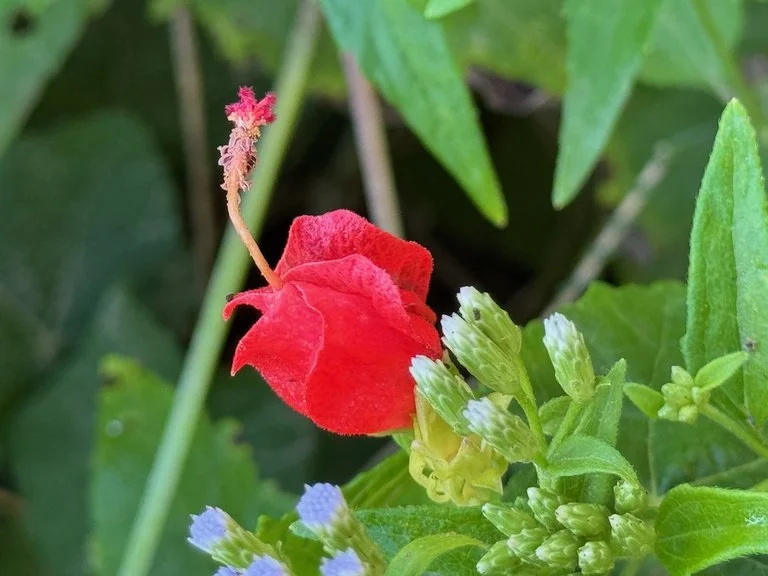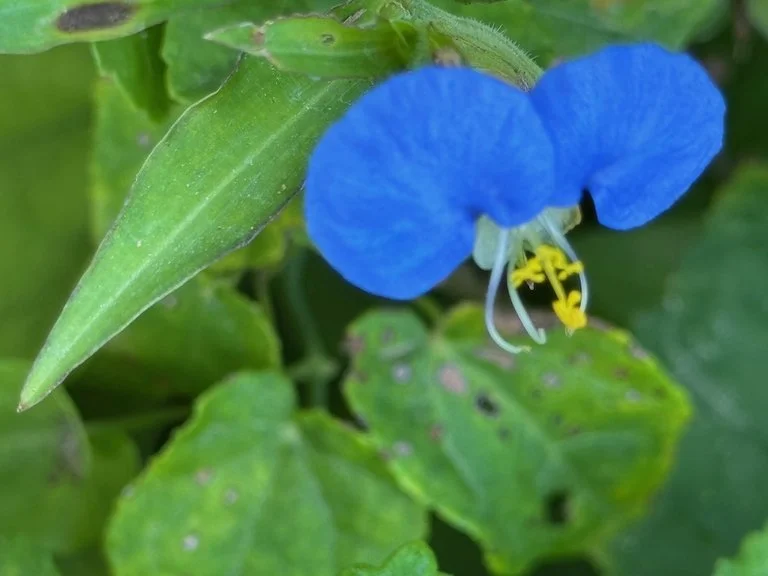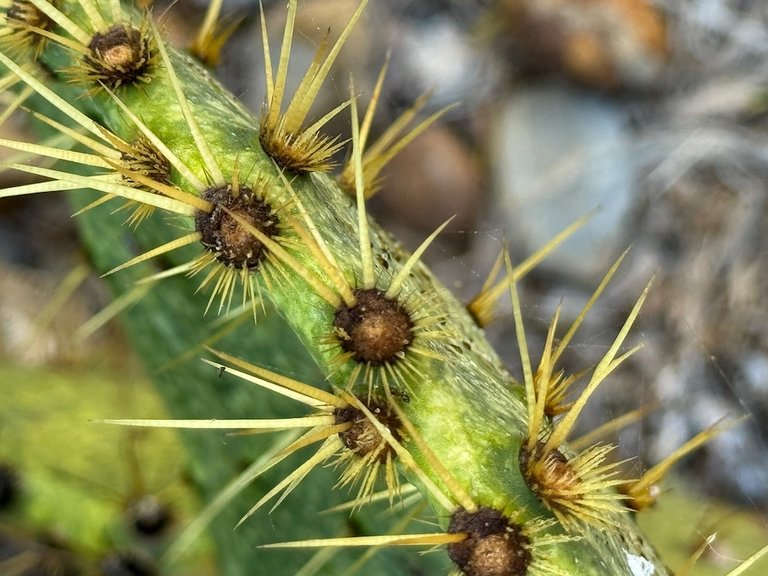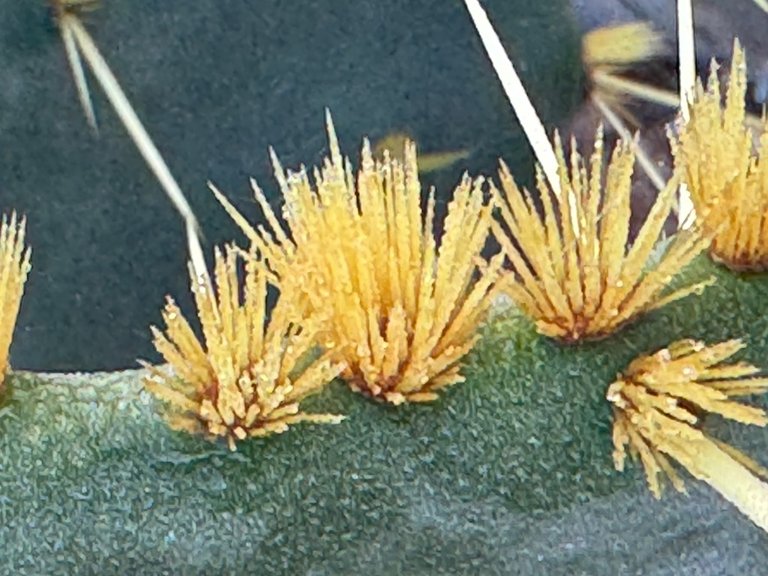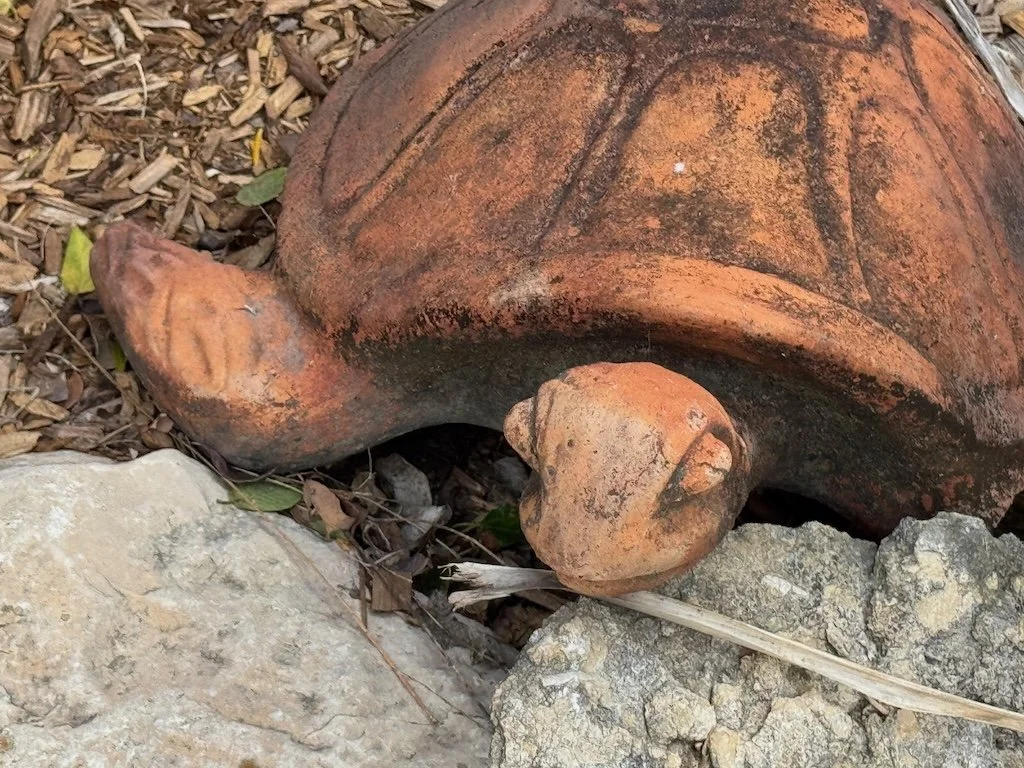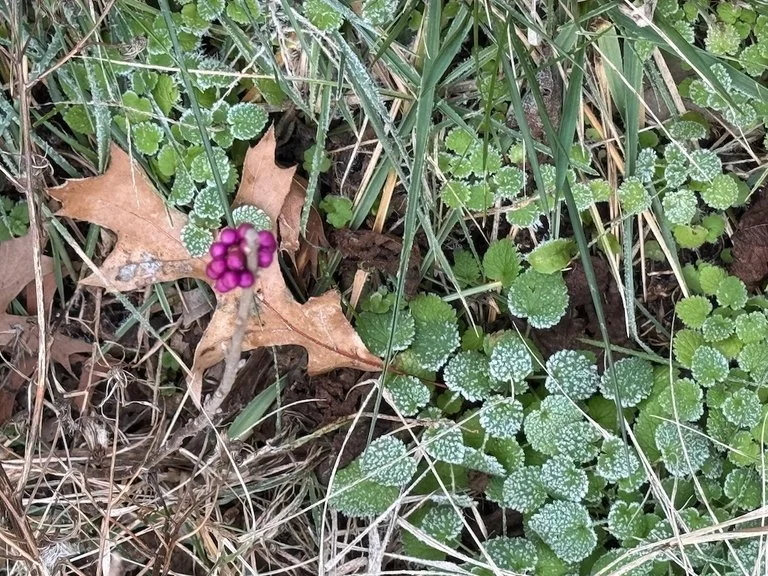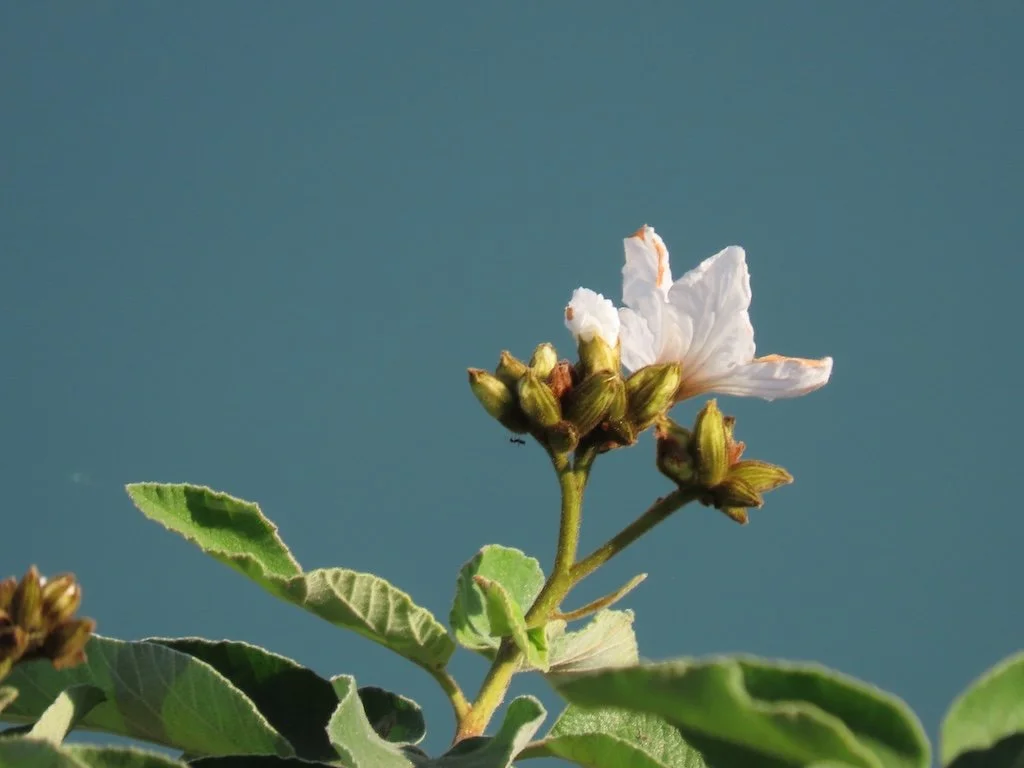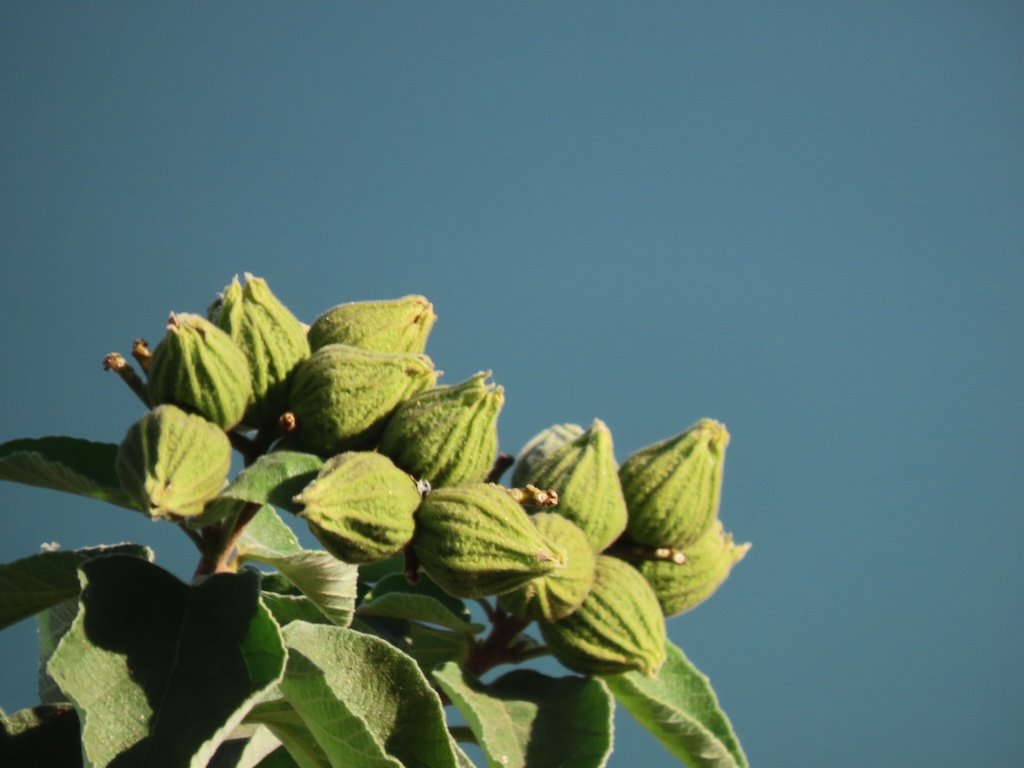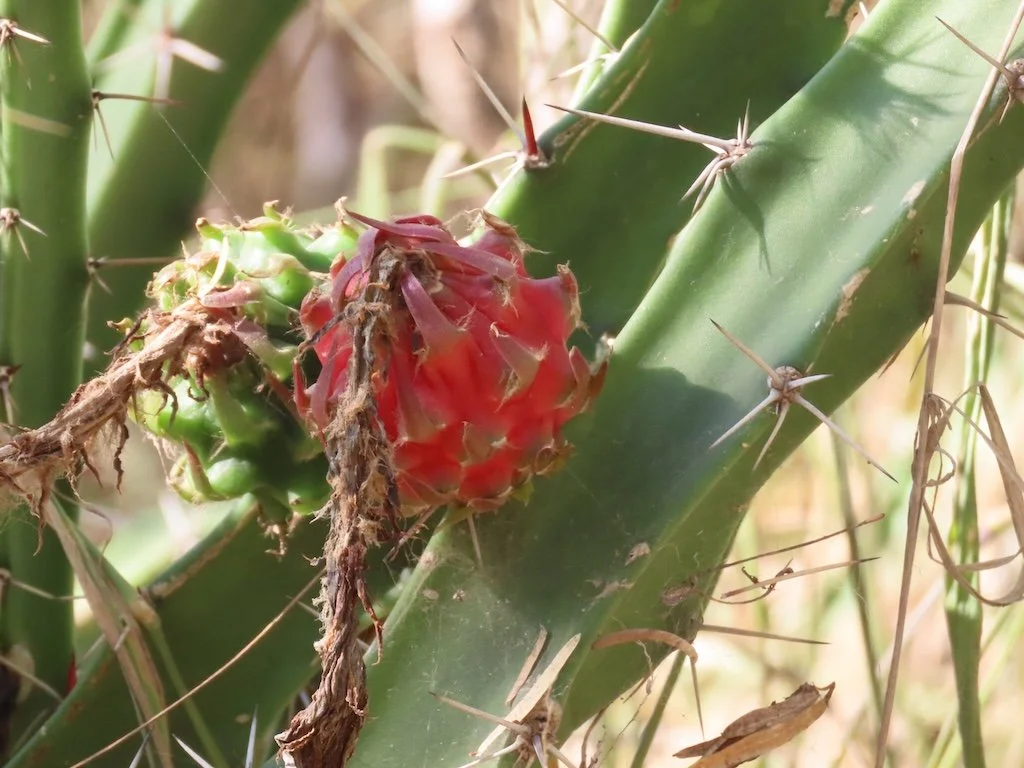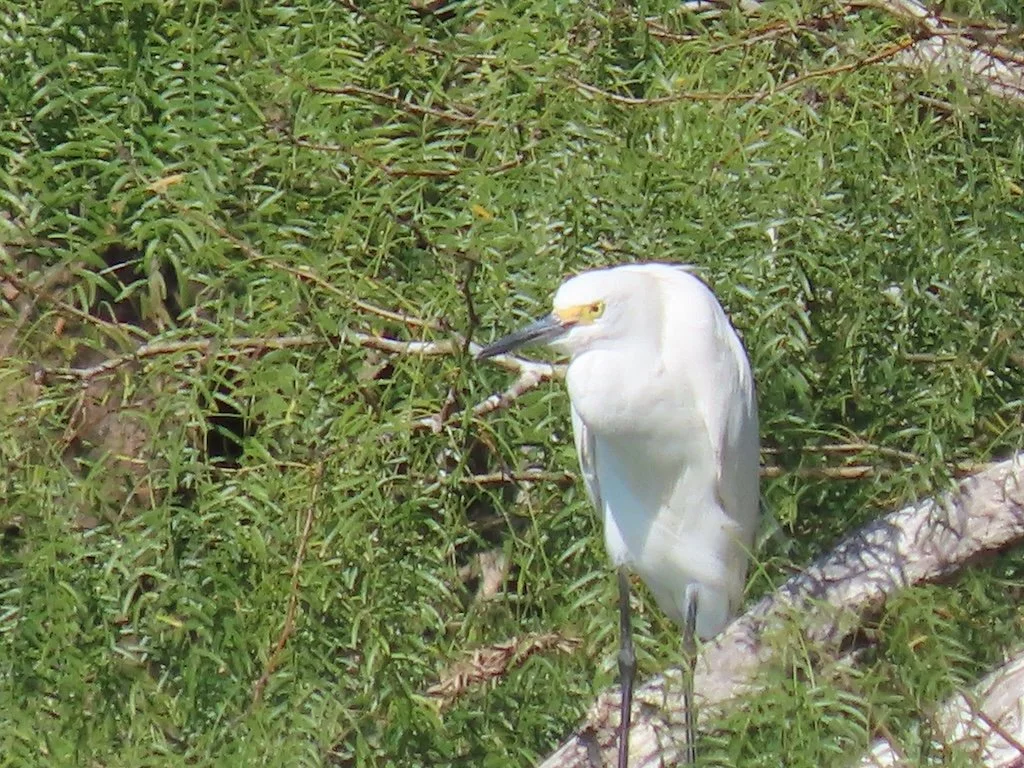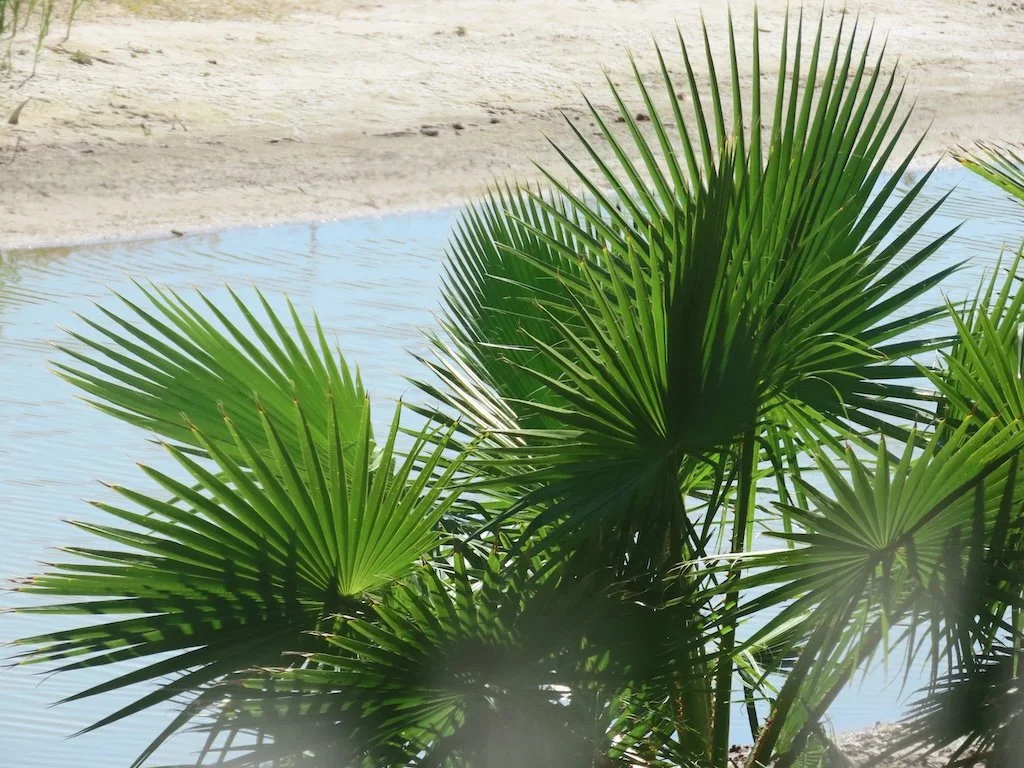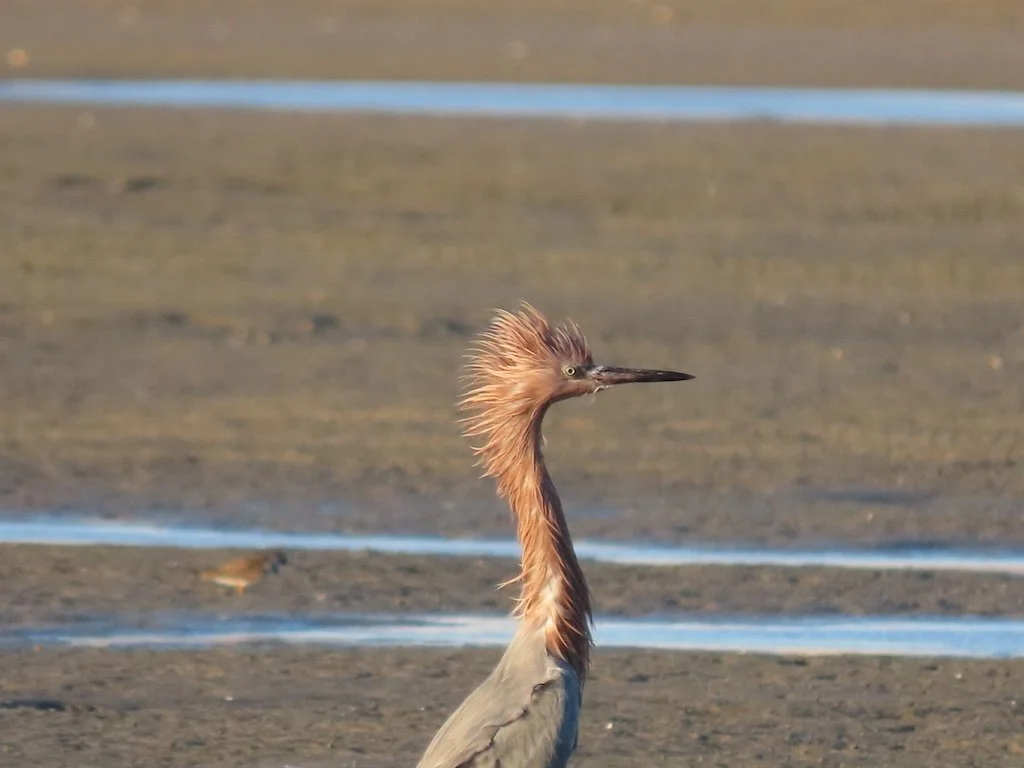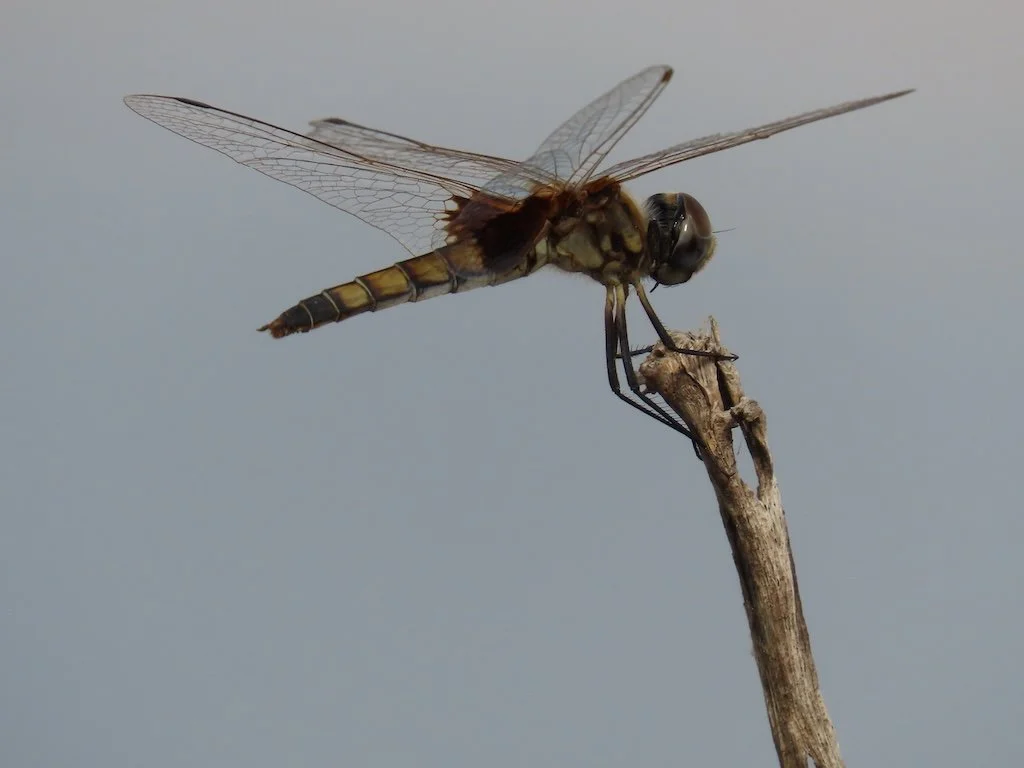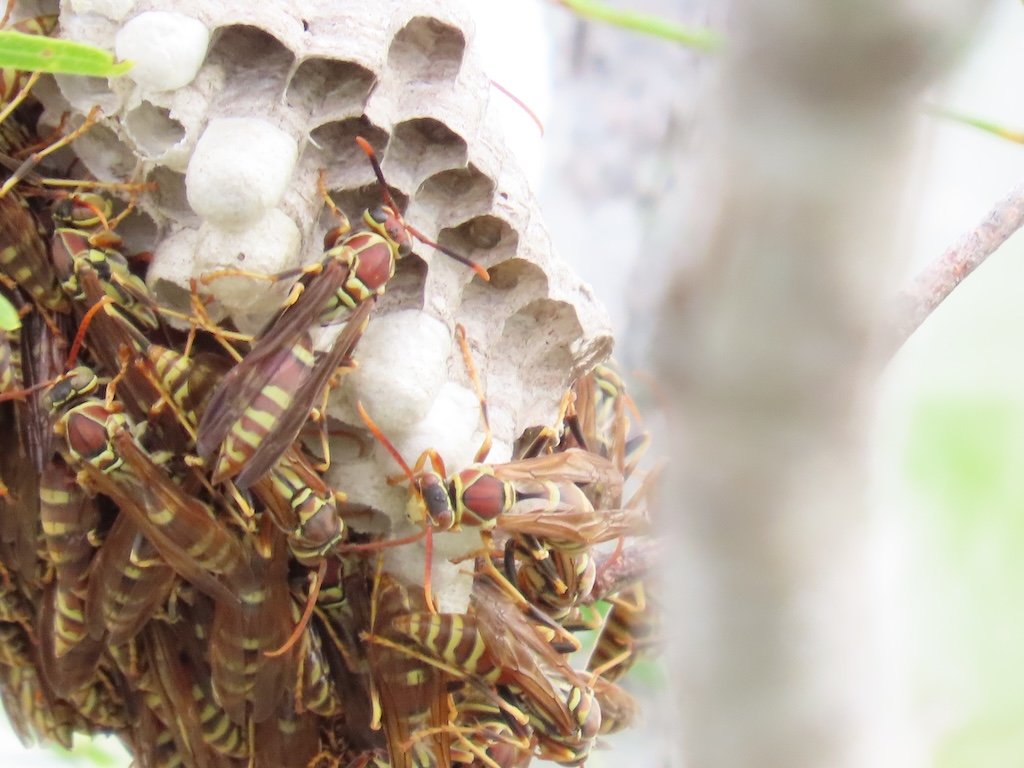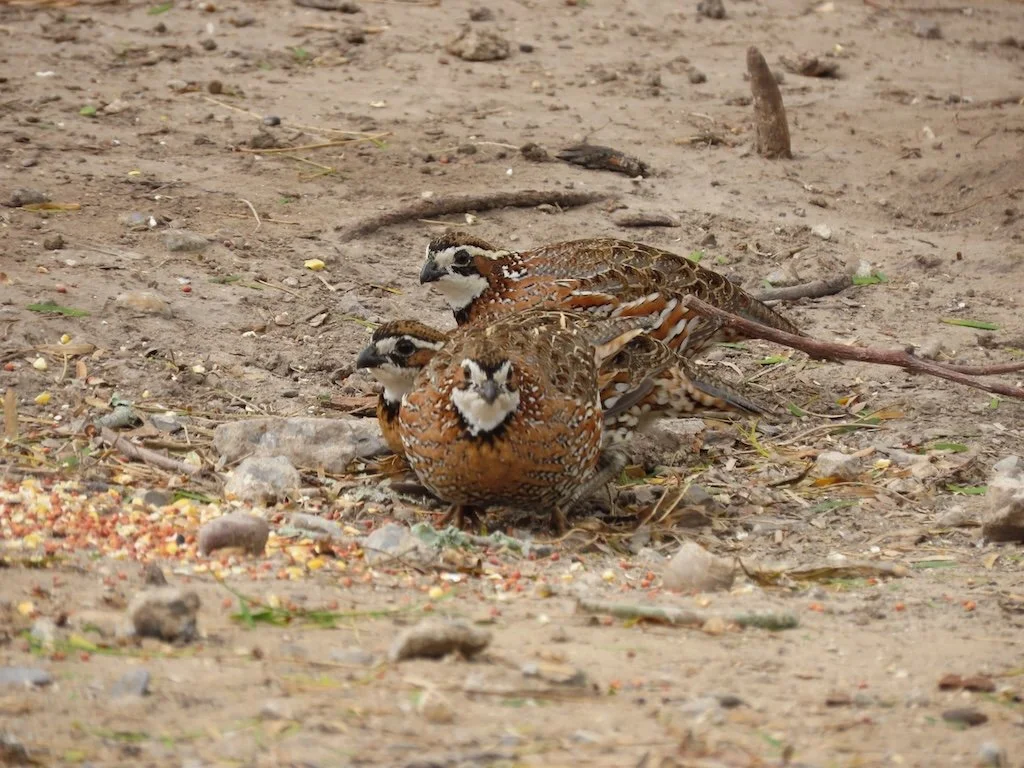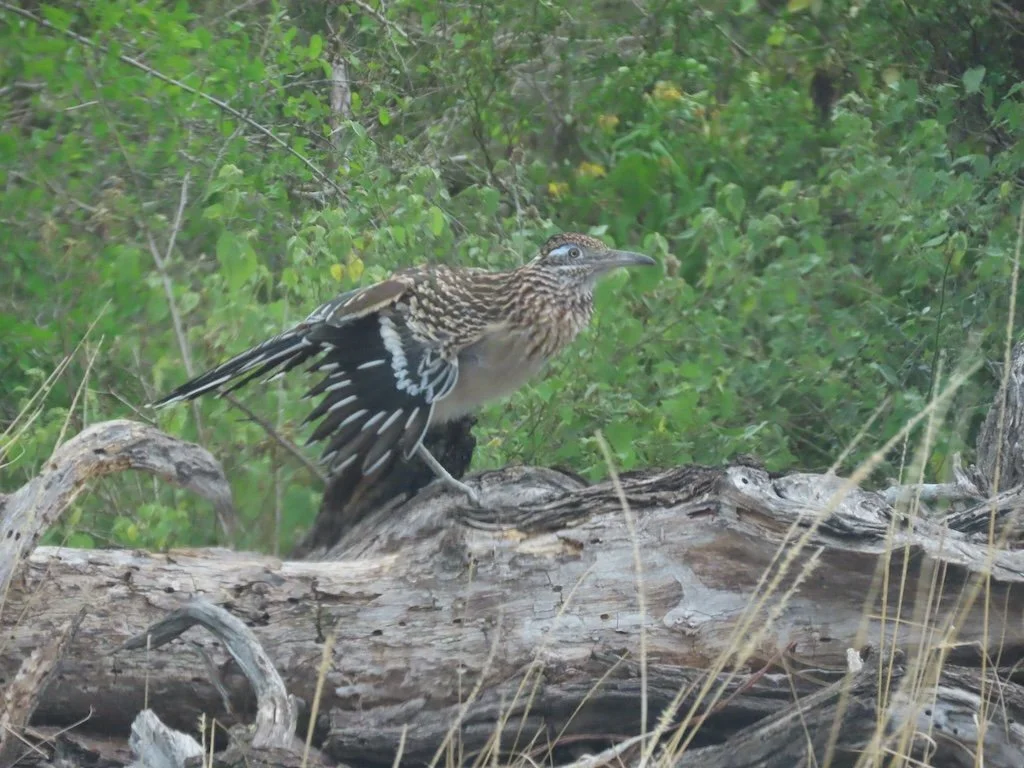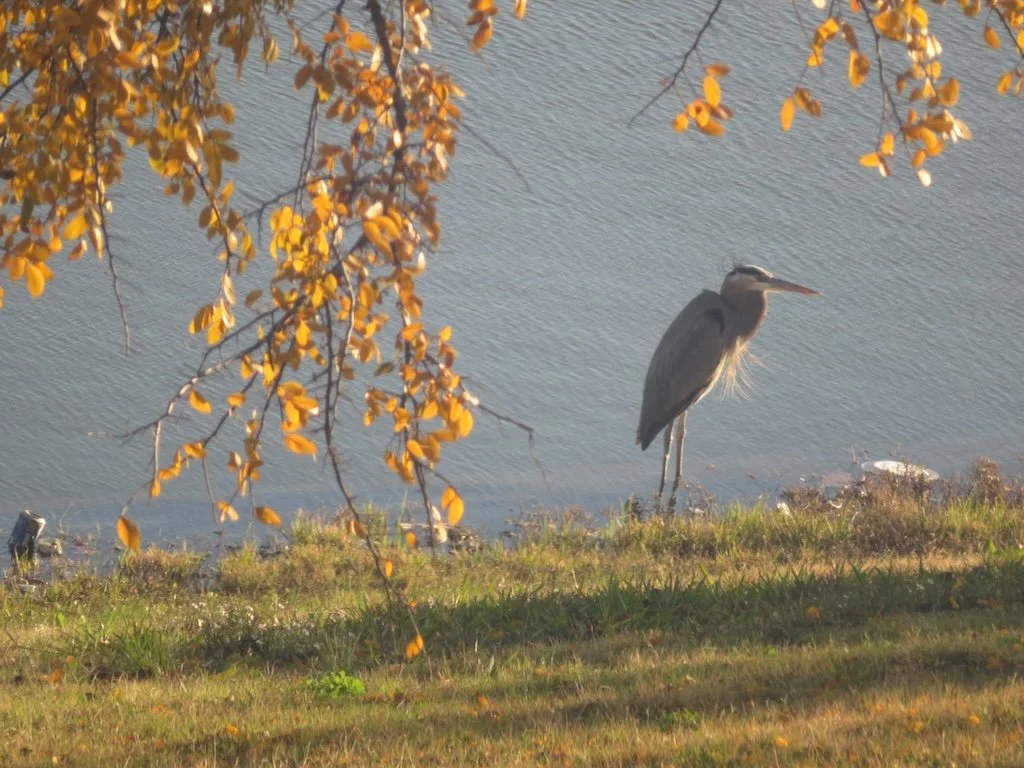Gleanings of the Week Ending November 22, 2025
/The items below were ‘the cream’ of the articles and websites I found this past week. Click on the light green text to look at the article.
Spotted Lanternfly Biology and Lifecycle – Missouri is trying to stop them from gaining a foothold in the state….but it will take a lot of vigilance. The invasive insects are already in Illinois and could move into Missouri very easily – particularly as egg masses on vehicles. In the current infestations, spotted lanternfly has shown to have one generation per year consisting of four nymphal stages, an adult stage, and overwintering as egg masses.
Could Non-Invasive Colon Cancer Screening Replace Colonoscopies? – It would be great if these could work….colonoscopies are invasive tests….but, for now, they are the only choice for a reliable screening for colon cancer.
13 Non-Toxic, Plastic Free Electric Kettles for a Healthy Cup – A plastic free electric kettle is on my wish list for this year. It will be used a lot in my office.
Reindeer Hunting Artifacts Emerge from Melting Ice in Norway - Melting ice in Norway has revealed a 1,500-year-old reindeer trap, preserved beneath centuries of snow and ice layers. Archaeologists uncovered wooden mass-capture fences, marked antlers, weapons, and a unique decorated oar from the site this year.
Why are thyroid cancer cases increasing across the world? - We're likely observing a multifactorial phenomenon that includes environmental, metabolic, dietary and hormonal influences, possibly interacting with underlying genetic susceptibility.
A Bird in Mourning Wins the 2025 European Wildlife Photographer of the Year Contest – Great photos!
Anxiety is one of the world’s most common health issues. How have treatments evolved over the last 70 years? – I was surprised that no new drugs have been approved since 2004. While existing treatments can be very effective for some people — in fact, life-changing for some — we still have some way to go to develop effective treatments for everyone who struggles with an anxiety disorder, and ensure these treatments are available to them.
What a baby's first poo can tell you about their future health - T he Baby Biome study, which aims to understand how a baby's gut microbiome – the trillions of microbes living in their digestive tract – affect their future health. Babies born vaginally seem to inherit most of their bacteria from their mother's digestive tract; babies born via C-section had more bacteria associated with hospital environments.
From Ruins to Reuse: How Ukrainians Are Repurposing War Waste - Russian bombardments have generated more than a billion tons of debris across Ukraine since 2022. Now, local and international efforts are meticulously sorting the bricks, concrete, metal, and wood, preparing these materials for a second life in new buildings and roads.
Our Plan to Restore the Gulf Coast for People and Wildlife - America’s Gulf Coast stretches over 1,700 miles and is home to 15,000 species of fish and wildlife, making it one of the most biodiverse areas in the country. It’s also one of the fastest-growing—the counties that border the Gulf are home to approximately 65 million people. Despite the challenges, including federal funding cuts to states, shifting political priorities and increasingly destructive storms and flooding, the National Wildlife Federation remains optimistic about what we can achieve in the next five years and the decades to come.

